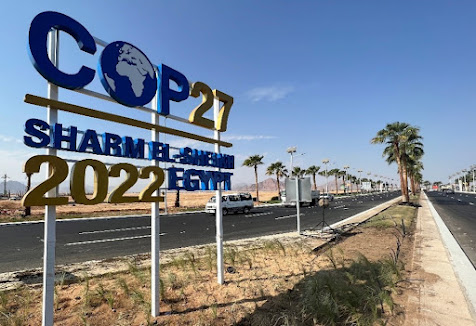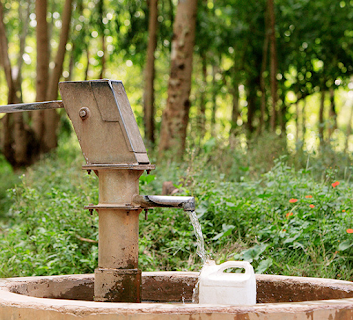How to not solve Climate Change – COP27 the step-by-step guide

After high expectations from the build up to COP27, also advertised as ‘Africa’s COP’ , the outcome was rather disappointing . As the deadline of the Paris Agreement looms around the corner, this years’ COP27 has failed to go beyond the promises of COP26 and has announced no new targets. The talks were mainly dominated by negotiations for a compensatory fund for developing countries meant to promote climate justice, a very significant point from an Africa oriented perspective, seeing as Africa is set up to suffer the most repercussions of climate change despite being the smallest contributor to it. This ‘loss and damage’ discussion failed to set up such a fund during COP26, however this year it seems we were provided with a ‘de jure’ agreement. Sunday morning it was announced that members had agreed on setting up the fund HOWEVER, there are no further details, which suspiciously sounds like a ‘business as usual’ situation. No information was provided to say who will pay, how much

